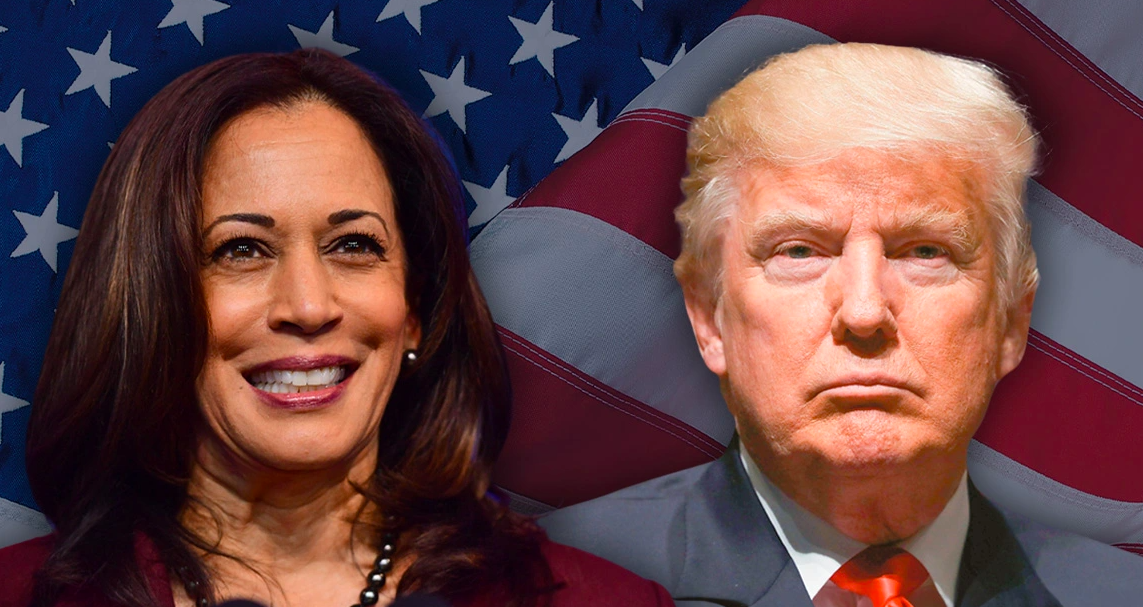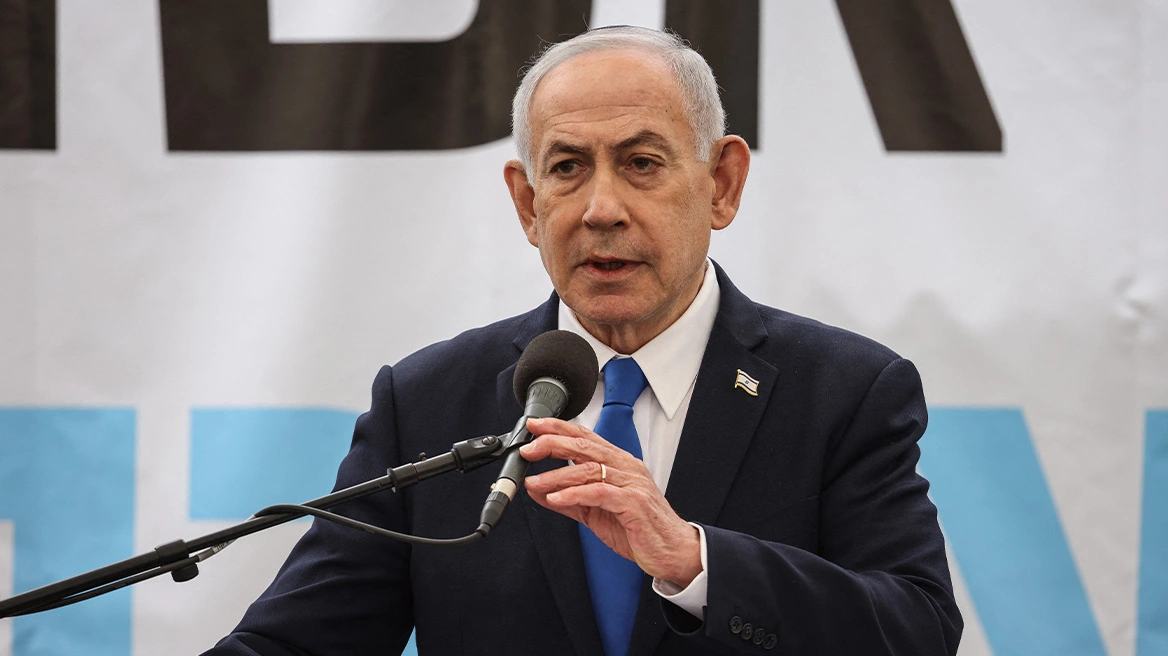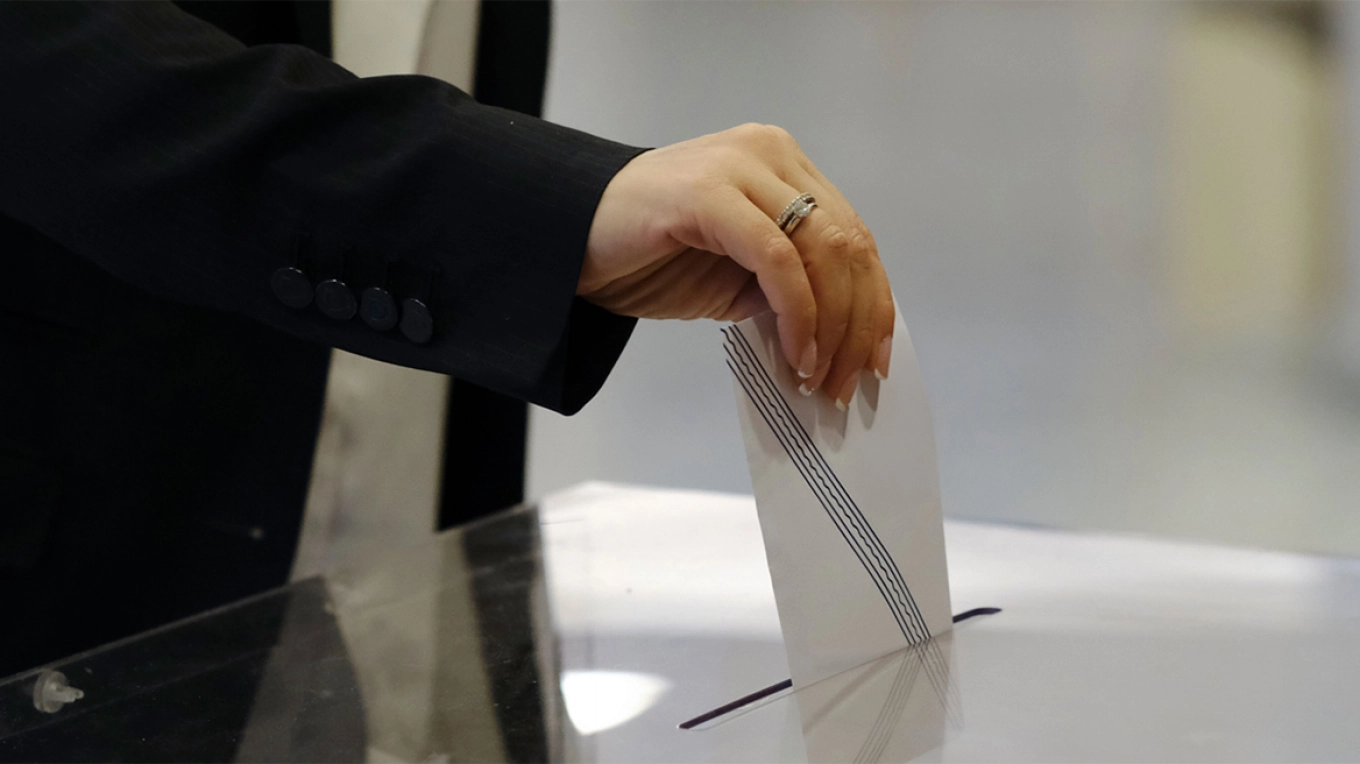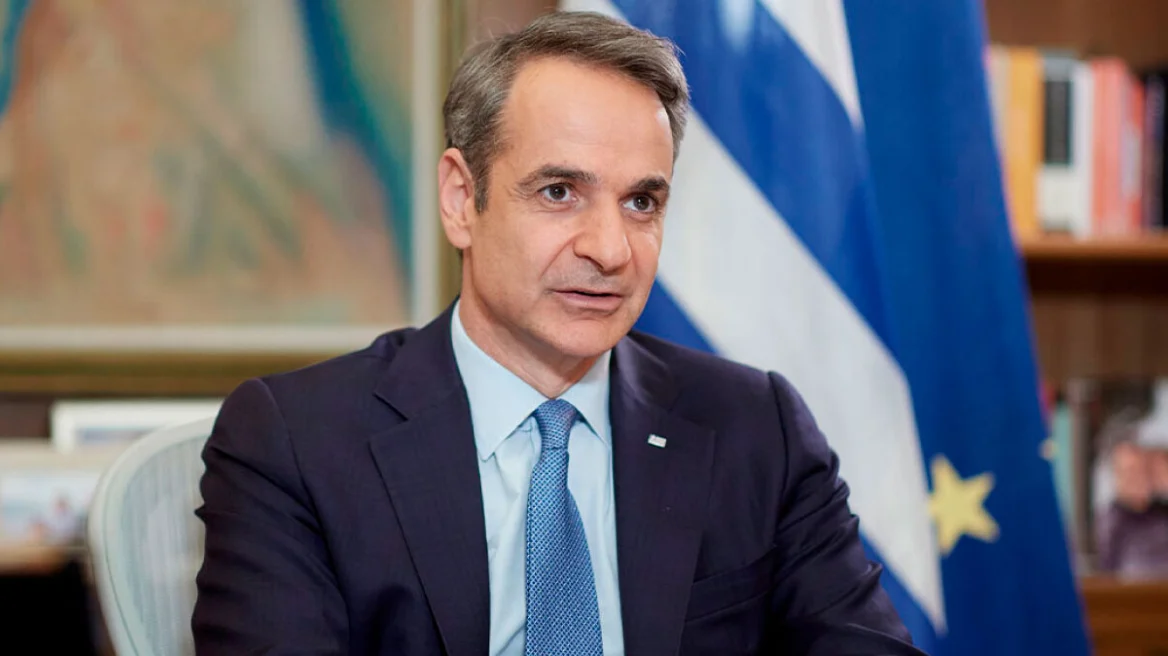The days when church bells would ring joyously in every village in Cyprus over the election of Jimmy Carter as President of the USA, with the hope that the new president would solve the Cyprus issue, are long gone. Those expectations were utterly dashed. During every US presidential election, discussions arise in Athens and Nicosia about which president will handle their national issues more favorably.
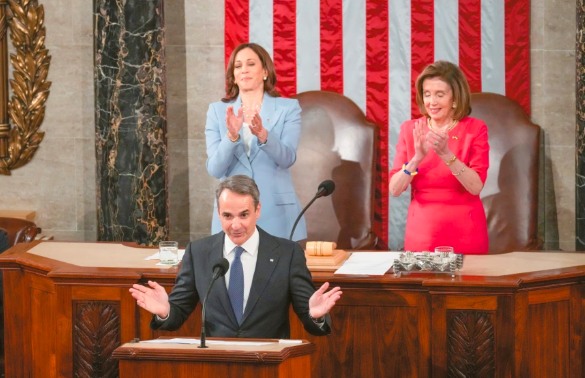
The reality is that national issues are not on the agendas of presidential candidates, and engagement is limited to a few Greek-Americans in their inner circles. Therefore, in recent years, Greek foreign policy has focused on integrating Greece into the broader geostrategic plans of the US for the Eastern Mediterranean, the Middle East, and Southeast Europe.
The signing of the MDCA, the upgrade of the port of Alexandroupolis, the provision of military facilities at bases on the Greek mainland, and the enhanced significance of Souda have increased the US military footprint in Greece. This has brought the two countries closer on foundations less dependent on personal choices or affinities. Additionally, the agreement to purchase F-35 aircraft places Greece among the select group of countries possessing this state-of-the-art 5th-generation aircraft.
Who will be president in the US, especially in a period of significant global crises and rivalries, directly impacts Greece. It is perhaps one of the few times there is no strong Greek lobby presence in the inner cores of both presidential candidates’ campaigns. There are only certain personal relationships of well-known Greek-Americans with the presidential candidates, which do not automatically translate into influential relationships.
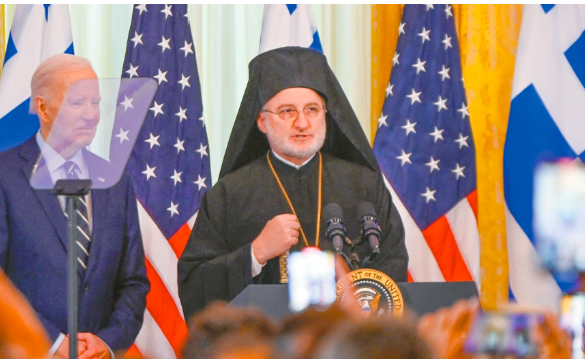
Close to Kamala Harris is Greek-American Eleni Kounalakis, daughter of prominent Greek businessman and Democratic Party member Angelo Tsakopoulos. She has been elected Lieutenant Governor of California and plays a significant role in the Democratic Party. She has known Kamala Harris from her tenure in California, collaborated closely, and has direct access to the presidential candidate. Another close ally of Kamala Harris is Greek-American billionaire George Marcus, who arrived in the US from Euboea in 1945 and built the Marcus & Millichap Company. He met the presidential candidate during her political career in California.
The Greeks of Trump
Close to Donald Trump is Archbishop Elpidophoros of America, who blessed the Republican convention, as well as Nicole Malliotakis, the only Republican elected official in the New York area.
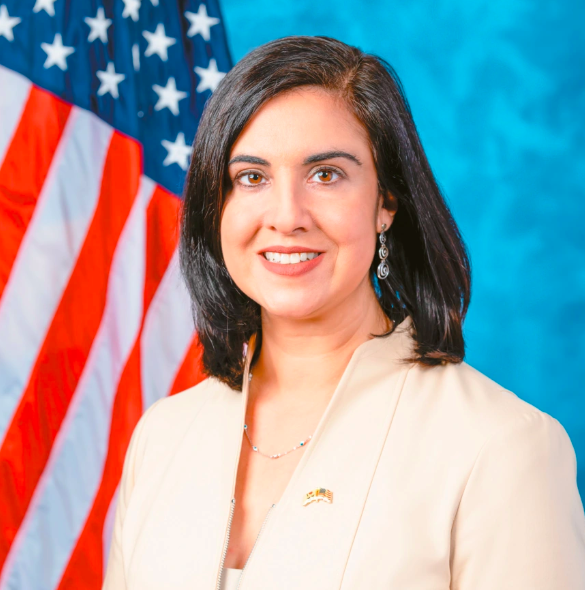
Since there is no information yet on whom Kamala Harris or Donald Trump will choose for Secretary of State and National Security Advisor, it is premature to speculate whether there will be a more substantive and positive approach to issues concerning Greece. However, what will shape their policy depends directly on the presidential candidates’ choices regarding relations with Europe, the US role in the Middle East and the Eastern Mediterranean, and the confrontation with Russia. Trump’s insistence on isolationism could lead to tensions and a crisis in relations with Europe and NATO and a reduction in US commitment to European security, affecting the entire European region. In the Middle East, continued support for Israel will curb attempts by other players to emerge as regional powers against Tel Aviv. If Trump aims to complete the Abraham Accords by normalizing Israel-Saudi Arabia relations, it could open significant opportunities for Greece in the region, especially with the prospect of ending the Gaza War.
The significant issue with Trump is unpredictability, making it challenging to build stable, long-term relationships. Trump’s circle lacks particular familiarity with the Cyprus issue, unlike the outgoing president Joe Biden, who knew it well from the start of his political career. A key question is the relationship of a new Trump term with Turkey. The mutual admiration between Trump and Erdoğan due to their idiosyncratic characters does not necessarily translate into policy. Likely, the “America First” policy will not favor Turkey’s exclusion from defense procurement programs that benefit US defense industries.
However, we should not forget that sanctions against Turkey and exclusion from the F-35 program occurred during Trump’s tenure under the CAATSA legislation. Trump also imposed sanctions on Turkey that harmed its economy over the imprisonment of Pastor Brunson until Erdoğan yielded and released him. Although the Trump administration supported the Kurds in Syria, his decision to withdraw Americans from foreign missions endangered Kurdish allies, who would be caught between Turkey and Syria. A significant moment for Greece, marked by Trump’s Secretary of State Mike Pompeo, was his visit to Greece and the letter containing security guarantees for Greece.
What Kamala Will Change
Democrats have a more structured view of foreign policy, and Kamala Harris will likely continue the same policy, with deviations regarding Gaza and human rights issues. Support for Europe in the confrontation with Russia, but much looser support for Israel, affecting the balance in the Eastern Mediterranean.
Kamala Harris is liberal enough to be uncomfortable with the authoritarianism and ultra-conservatism of Erdoğan’s regime. However, the Democratic establishment in the State Department traditionally favors balanced relations with Turkey. It is unknown whether her current National Security Advisor, Phil Gordon, who served as Assistant Secretary of State for Europe (2009-2013), will remain. His tenure left less favorable impressions in Athens and Nicosia.
Ask me anything
Explore related questions
